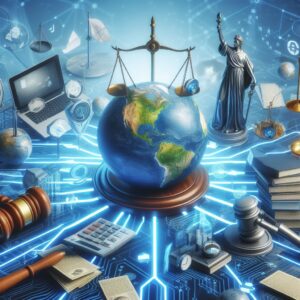One of the primary ethical challenges of technology innovation is ensuring that it does not cause harm to individuals or society. This requires a careful consideration of the potential risks and benefits of new technologies, as well as the values and principles that should guide their development and use. For example, the development of artificial intelligence (AI) raises important ethical questions about the impact of automation on employment, privacy, and human autonomy. It is essential to ensure that AI is developed and used in ways that respect human dignity, rights, and values, and that it does not perpetuate or exacerbate existing social inequalities.

In addition to ethical considerations, technology innovation also raises important legal challenges. One of the primary legal challenges is ensuring that new technologies comply with existing laws and regulations. This requires a clear understanding of the legal frameworks that apply to new technologies, as well as the mechanisms for enforcing those frameworks. For example, the use of drones for commercial purposes is subject to specific regulations in many countries, and failure to comply with those regulations can result in significant legal penalties.
Navigating the ethical and legal complexities of technology adoption innovation and regulation requires a collaborative effort from all stakeholders, including policymakers, industry leaders, and civil society organizations. By working together to develop and implement ethical and legal frameworks that promote innovation while protecting individuals and society, we can ensure that technology continues to advance responsibly.
If you are interested in learning more about the ethical and legal challenges of technology adoption, I recommend checking out the book “Ethics Law and Technology Adoption: Navigating Technology Adoption Challenges”. The book provides valuable insights and guidance on how to navigate the complex landscape of technology innovation and regulation, and how to ensure that technology is developed and used in ways that align with ethical and legal standards.

